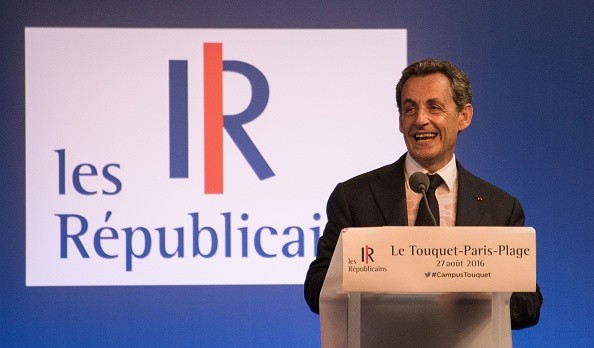-
Tips for becoming a good boxer - November 6, 2020
-
7 expert tips for making your hens night a memorable one - November 6, 2020
-
5 reasons to host your Christmas party on a cruise boat - November 6, 2020
-
What to do when you’re charged with a crime - November 6, 2020
-
Should you get one or multiple dogs? Here’s all you need to know - November 3, 2020
-
A Guide: How to Build Your Very Own Magic Mirror - February 14, 2019
-
Our Top Inspirational Baseball Stars - November 24, 2018
-
Five Tech Tools That Will Help You Turn Your Blog into a Business - November 24, 2018
-
How to Indulge on Vacation without Expanding Your Waist - November 9, 2018
-
5 Strategies for Businesses to Appeal to Today’s Increasingly Mobile-Crazed Customers - November 9, 2018
U.N. rights office urges French towns to repeal burkini bans
Local authorities in the city of Nice have also pledged to “continue to fine” anyone caught wearing burkinis.
Advertisement
France’s highest court, the Council of State (Conseil d’Etat), has already struck down one town’s ban on the burkini, effectively invalidating all such bans. Prime Minister Manual Valls, who supported the bans, made a new reference to the burkini controversy with a comment on Marianne, an allegorical figure of the French Republic.
Valls said during a socialist meeting in southern France Thursday night that “Marianne, the symbol of the Republic, is bare breast because she’s feeding the people, she doesn’t wear a veil because she’s free”.
After the Council of State overturned that ban last week, human rights groups said they will challenge similar bans issued in 30 or so municipalities.
The “highly discriminatory” bans should be repealed before the summer holiday season ends, Colville said. Colville said the United Nations rights office understood the grief and anger generated by the attacks.
According to global human rights standards, Colville explained, limitations on manifestations of religion or belief, including choice of clothing, are only permitted in very limited circumstances, including public safety, public order, and public health or morals. “By stimulating polarization between communities, these clothing bans have only succeeded in increasing tensions and as a result may actually undermine the effort to fight and prevent violent extremism, which depends on cooperation and mutual respect between communities”, it continued.
The spokesperson noted that while OHCHR fully understands and shares the grief and anger generated by the terrorist attacks in France in recent months, including the 14 July attack in Nice, these decrees do not improve the security situation and instead fuel religious intolerance and the stigmatization of Muslims in France, especially women.
Advertisement
Lawyers for a human rights group and a Muslim collective challenged the legality of the Villeneuve-Loubet ban at the top court, saying the orders infringed basic freedoms and that mayors had overstepped their powers by telling women what to wear on beaches. Lawyer Patrice Spinosi said “it is a decision that is meant to set legal precedent”, asserting any French mayor refusing to lift a ban would be taken to court.





























